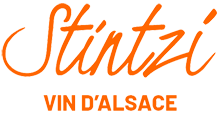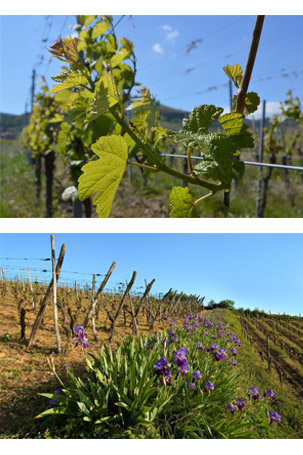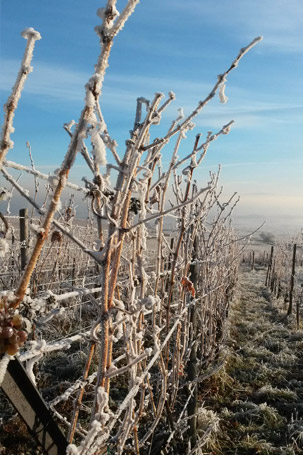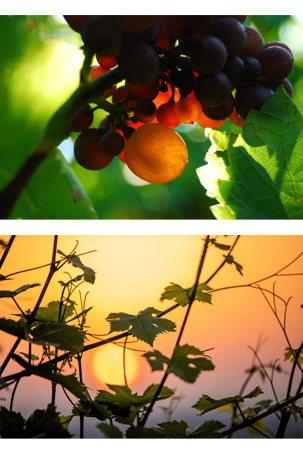Where do organic wines come from?
were deliberately introduced into Europe. The discovery of the effectiveness of some conventional molecules enabled us to fight against these diseases: for example copper sulphate in the form of "Bordeaux mixture" against mildew, or sulfur against powdery mildew.
Organic wine growing would experience a first boom at the beginning of the 1970s: in the middle of the 20th century agriculture progresses very quickly and becomes industrialized.
Then doubt begins to set in: any novelty is no longer necessarily considered as progress. A new philosophy will therefore appear: "we no longer inherit the land from our parents, but we borrow it from our children"!
This is the birth of the concept of "Sustainable Viticulture". Concerns about consumer health or the preservation of the environment for future generations have become priorities for our society.
Why did we choose to convert to Organic Farming?
Before taking steps to convert to Organic Agriculture, for years we practiced "sustainable viticulture". This practice aims to encourage wine-growers to better "reason" the use of pesticides as well as fertilizers, for example by making the decision to treat according to the real risk of disease or damage to the vine.
We thus had to better comply with the requirements of the reference system concerning respect for the environment, the control of health risks as well as the health and safety of our work. Our operation should therefore contribute to the protection of the landscape and biological diversity.
This new approach to viticulture made us want to continue in this perspective and go further in our efforts: this is what led us to officially undertake a conversion to Organic Agriculture in September 2019.
How do we work in organic?
Organic viticulture is based on a global reasoning which takes into account all of the interactions between land - water - plant - air - fauna - flora. It tries to reactivate soil life, strengthen the natural resistance of plants and support natural cycles. It is therefore forbidden to use any synthetic phytopharmaceutical molecule. Indeed, organic viticulture is strictly regulated and winegrowers must comply with specifications approved by the Ministry of Agriculture and the European Union.
For example, it is strictly forbidden to use chemical fertilizers and synthetic pesticides, and we must submit to regular checks.
For winemaking, we must follow this same mindset: we reduce our interventions to the strict minimum in order to preserve the natural evolution of the wine.
We have been working in this way for years already, but since September 2019, we have decided to formalize it: we are committed to the consumer in order, on the one hand, to reassure them about our practices, and on the other hand to be able to certify our work in Organic Agriculture.




